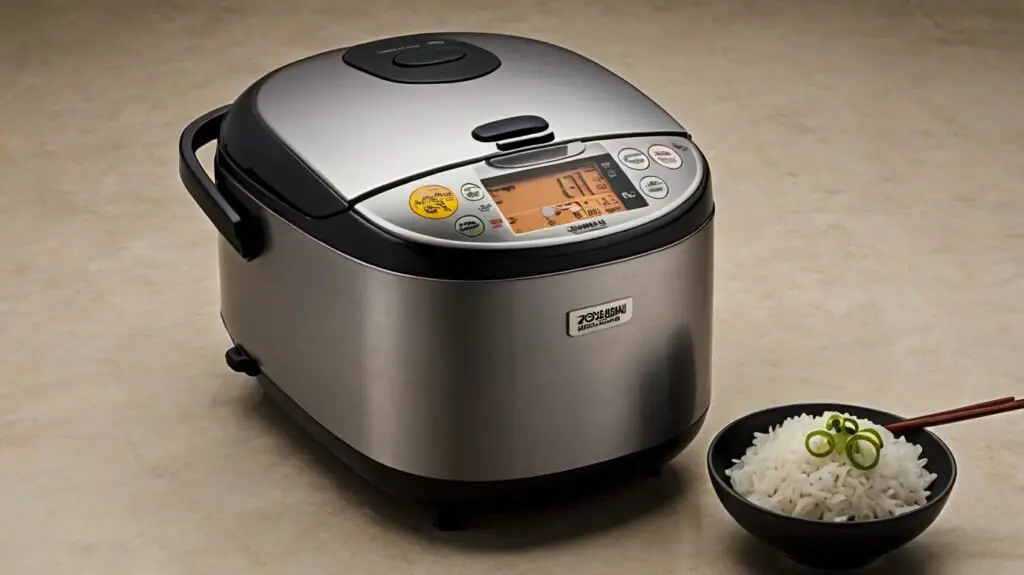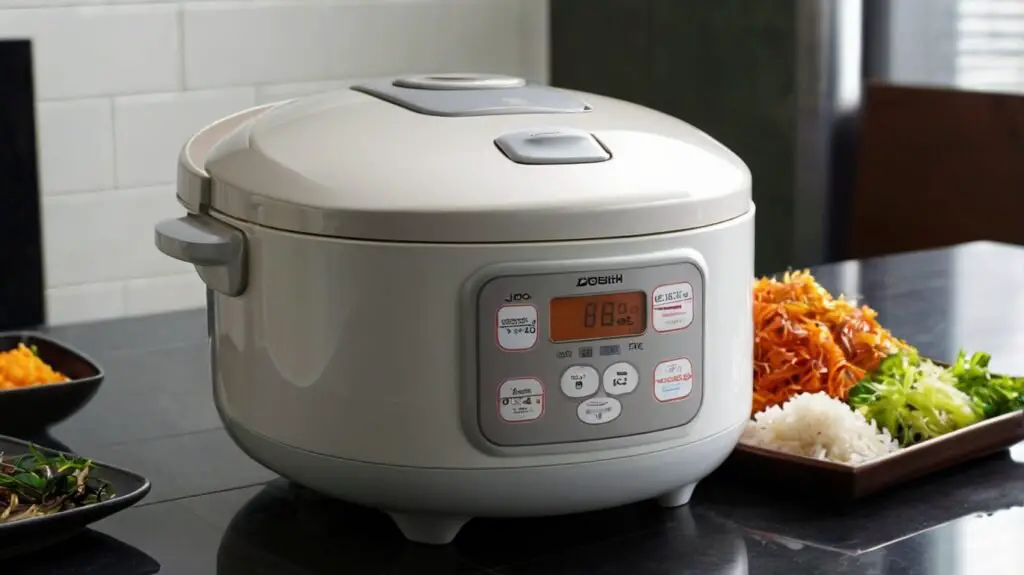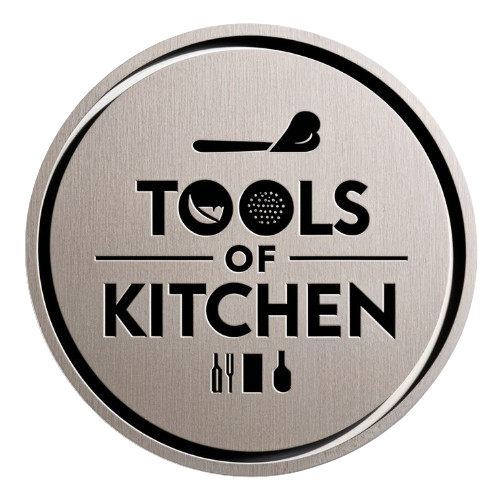Picture this: I’m at a camping trip, perched on a rock overlooking an endless horizon, sipping hot cocoa from a thermos. The chill in the air makes each sip feel like a warm hug. It got me thinking: How do the top brands in insulated drinkware stack up? In this post, I’ll tackle two prominent names in the market Yeti and Zojirushi and share my thoughts based on personal experiences and research.
1. Overview of Yeti and Zojirushi
Introduction to Yeti
Yeti was founded in 2006. It quickly carved a niche in the outdoor gear market. The brand focuses on high-performance coolers and drinkware. It’s designed for those who love adventure, whether in the backyard or the backcountry. We all know how important it is to keep our drinks cold on a hot day, right? Yeti makes sure you can do just that.
Introduction to Zojirushi
Zojirushi has a much longer history, established in 1918. Originating in Japan, this brand has become famous for its innovative kitchen appliances. They excel in manufacturing vacuum flasks and rice cookers. Their products showcase impeccable Japanese craftsmanship. Who wouldn’t want a rice cooker that practically does all the work for you?
Comparative Analysis of Brand Philosophies
The philosophies of these two brands differ significantly. Yeti champions rugged, outdoor reliability. They stand by the motto that great gear is essential for any adventure. Zojirushi, on the other hand, focuses on everyday utility and elegance. They believe that quality elevates the cooking experience, making life easier.
Target Audiences for Each Brand
- Yeti: Appeals to outdoor enthusiasts, campers, and those who appreciate durable products.
- Zojirushi: Attracts home chefs, families, and individuals who value high-quality kitchen appliances.
When considering a purchase, it’s clear that each brand serves specific needs. Whether you’re an adventurer or a home chef, both have unique offerings. How do you decide which is right for you?

2. Insulation Technology: What Makes Them Tick?
When it comes to keeping our beverages at the right temperature, insulation technology plays a crucial role. Let’s explore how two popular brands, Yeti and Zojirushi, stand out in this arena.
Yeti’s Vacuum Insulation Technology
Yeti is well-known for its vacuum insulation technology. This design creates an airless space between two walls of material, dramatically reducing heat transfer. Consequently, it maintains temperatures for up to 12 hours. This makes Yeti containers ideal for outdoor adventures.
Zojirushi’s Unique Thermal Technology
On the other side, Zojirushi boasts its own impressive thermal technology, which allows its products to retain heat for up to 24 hours. This is perfect for those who want hot coffee or tea throughout the day. It’s versatility shines both at home and on the go.
Real-World Performance Comparison
Which brand performs better in real life? Users often express loyalty to Yeti for rugged outdoor conditions, while Zojirushi is praised for daily use at home. But don’t just take my word for it:
Consumer Testimonials
Testimonials reveal a lot. Many Yeti users rave about its durability saying it can withstand tough situations. In contrast, Zojirushi users highlight the long-lasting heat retention. Both brands cater to different needs.
Chart: Insulation Performance
| Brand | Temperature Maintenance Duration |
|---|---|
| Yeti | Up to 12 Hours |
| Zojirushi | Up to 24 Hours |
In conclusion, understanding the insulation technology behind Yeti and Zojirushi helps us choose the right product for our lifestyles.
3. Design and Usability: Form Meets Function
When talking about Yeti and Zojirushi, one can’t ignore the significant difference in design aesthetics. Yeti proudly presents a rugged look, built for the wild. It screams outdoor adventure and durability. In contrast, Zojirushi offers a sleek, elegant design that fits seamlessly into daily life. Ever noticed how a product’s appearance affects your choice? A rugged cooler may appeal to an adventurer, while a polished flask suits a daily commuter.
User-Friendliness
Handling and cleaning are critical. Yeti’s designs often come with larger openings, which makes cleaning easier but can be a bit bulkier to handle. Zojirushi, on the other hand, is crafted with ergonomics in mind. Its shapes feel natural in your hand and are designed for everyday use.
Portability
Let’s talk portability. Different situations call for different features. Does portability matter to you? Yeti usually comes with sturdy handles, perfect for those camping trips. Zojirushi offers innovative caps which ensure spill-free travel, making it optimal for your daily routine.
Customer Feedback
What do customers say? User reviews often highlight practical usability for both products. Some appreciate Yeti’s ruggedness during outdoor escapades, while others favor Zojirushi’s ease of daily use. In the words of a
The bottom line: design significantly impacts usability. The question remains, which style aligns with your lifestyle?
4. Price vs. Value: Is It Worth It?
When comparing Yeti and Zojirushi, pricing is one of the main points of discussion. How does their cost reflect value? Let’s break it down.
Comparative Pricing
Average prices for these popular brands show distinct differences:
| Product | Average Cost |
|---|---|
| Yeti Mug | $30 – $40 |
| Zojirushi Tumbler | $25 – $35 |
At first glance, Yeti seems to hold a higher price tag. Yet, what many overlook is the value tied to longevity and durability. Yeti often boasts about being rugged and built to last. On the other hand, Zojirushi aims to provide quality at competitive prices. It’s essential to consider how much use you really get out of these products.
Analyzing Longevity and Durability
Does a higher price necessarily mean a better product? Not always. The concept of value goes beyond just the monetary cost. Think about the experiences of users. Many have shared that a Yeti tumbler, while pricier, often can withstand years of heavy use. Zojirushi, with its unique design, also offers commendable durability.
This leads to an important question: are you paying more just for a logo? Or does that extra cost reflect genuine quality?
It seems that the choice between Yeti and Zojirushi circles around personal preferences and needs.
User Experiences with Longevity
Real-life feedback highlights the importance of longevity in value assessment. People have reported that their Yeti mugs have lasted for years, often looking just as good as when they first purchased them. Zojirushi users, too, share positive experiences regarding how well their tumblers perform over time. In the long run, these durable products can save you money.
5. Eco-Friendliness and Sustainability Practices
When we think about brands like Yeti and Zojirushi, it’s no longer just about functionality. We also need to consider the environmental impact of their products. Both companies have made strides in sustainability, but how do they compare?
1. Environmental Impact
Yeti is known for its robust, long-lasting products. This durability reduces waste since fewer items are disposed of over time. On the other hand, Zojirushi emphasizes its commitment to eco-friendly production methods. They aim to produce items that not only perform well but are also gentle on the planet.
2. Sustainable Materials
- Yeti: Uses high-grade stainless steel which is recyclable.
- Zojirushi: Focuses on using materials that minimize environmental destruction.
3. Recyclability and Longevity
One of the strong suits of Yeti is its commitment to longevity. Their products are built to last, which means less frequent replacement. Zojirushi products also boast good recyclability, aligning with their sustainable mission.
4. Consumers’ Role
Finally, we as consumers have a part to play. When we support eco-friendly brands, we are helping to drive the demand for sustainable products. Every choice counts. It’s not just about buying a product; it’s about making a statement! Are we choosing brands that care for the environment?
In the end, Yeti and Zojirushi each have their unique approach to sustainability. By understanding their practices, we can make informed choices that align with our values.
6. Customer Preferences and Feedback: Real Voices
Understanding customer preferences can be a game-changer for brands. In evaluating Yeti and Zojirushi, it’s essential to gather insights directly from the consumers. Recent surveys indicate notable brand preferences based on lifestyles. For example, avid hikers and outdoor enthusiasts often favor Yeti products. Why? The durability and insulation of Yeti mugs and coolers meet their needs perfectly.
Survey Results: What Do Customers Prefer?
- Yeti products are preferred by 70% of outdoor adventurers.
- Zojirushi is favored by 65% of home users and coffee aficionados.
User Feedback on Social Media
Social media serves as a rich platform for consumers to voice their opinions. Users share their experiences, both good and bad. One passionate user states,
Such positive feedback speaks volumes about brand loyalty.
Analyzing Experiences
Customers often share both their positive and negative experiences. Some users rave about Yeti’s insulation capabilities. Others might point out Zojirushi’s ease of cleaning. The customer journey is full of stories that inform us where each brand excels and where improvements are needed.
Profiles of Typical Customers
Who are typical customers for Yeti and Zojirushi? Yeti attracts those who lead an active lifestyle, often outside. Zojirushi, on the other hand, appeals to homebodies who appreciate quality beverage experiences. This distinction is vital in understanding consumer trends.
Ultimately, the real voices of consumers provide invaluable insights. They help shape the future of both brands, emphasizing the importance of adapting to customer needs.
7. Final Decision: Which One to Pick?
Choosing the right insulated drinkware can be daunting. I’ve discussed a few important factors throughout this blog. Let’s summarize the key points that we’ve covered:
What Have We Learned?
- Durability: Quality materials are paramount.
- Insulation Technology: Different brands use various methods to keep drinks hot or cold.
- Design Preferences: Some people prefer sleek and minimalist designs, while others want vibrant colors.
- Functionality: Think about what you need. Is it for daily use, hiking, or travel?
Several factors can influence your decision when picking an insulated beverage container:
Key Decision Factors
- Brand Reputation: Yeti is known for its ruggedness, while Zojirushi prides itself on innovative technology.
- Price: Are you looking for something premium or more budget-friendly?
- Personal Values: Sustainability, local sourcing, and ethical production can impact your choice.
From my personal experience, after using both brands, I found Yeti to be more rugged for outdoor activities. In contrast, Zojirushi excels in day-to-day usability, especially for keeping coffee hot during long meetings. It’s fascinating how different lifestyles can favor one brand over the other.
Looking Ahead
The future of insulated drinkware is bright. More brands might focus on eco-friendly materials. Technology will continue to improve, perhaps with better insulation methods or smart features.
In the end, the decision really hinges on your personal needs and values. Which brand fits your lifestyle better?

8. Frequently Asked Questions
As someone who loves outdoor adventures and staying hydrated, I often get questions about Yeti and Zojirushi products. Both brands have unique qualities, and I’d like to shed some light on these queries.
What are the best uses for Yeti and Zojirushi products?
Yeti is perfect for outdoor activities. Whether you’re camping, fishing, or tailgating, their coolers and drinkware keep beverages cold for hours. Zojirushi, on the other hand, excels in home and office settings. Their insulated bottles are ideal for keeping tea or coffee hot throughout the day. Think of Yeti as your adventure buddy and Zojirushi as your daily companion.
How do I clean and maintain insulated drinkware?
To maintain your Yeti or Zojirushi products, hand washing is the best bet. Use warm, soapy water and a soft sponge. Avoid harsh chemicals that could damage the insulation. After every use, a quick rinse can keep them fresh.
Which brand is more suitable for outdoor activities?
Yeti stands out here. Their durable materials and sturdy designs make them perfect for rough conditions. If you’re hiking or camping, Yeti’s products are built to withstand the elements.
What features should I look for when choosing insulated drinkware?
Look for:
- Insulation Type: Double-wall vacuum insulation is a must for lasting temperature control.
- Material: Stainless steel ensures durability and resistance to rust.
- Size: Choose a size that fits your hydration needs; portability is also key.
- Ease of Cleaning: Wide mouths allow for easier cleaning, while lids that are dishwasher safe save time.
By understanding these brands and their offerings, you can make informed decisions that cater to your needs, whether for daily use or adventures in the great outdoors.
TL;DR: In the showdown of Yeti vs Zojirushi, consider your lifestyle, usage frequency, and design preferences. Both brands excel in insulation but offer different features that cater to varying needs.
